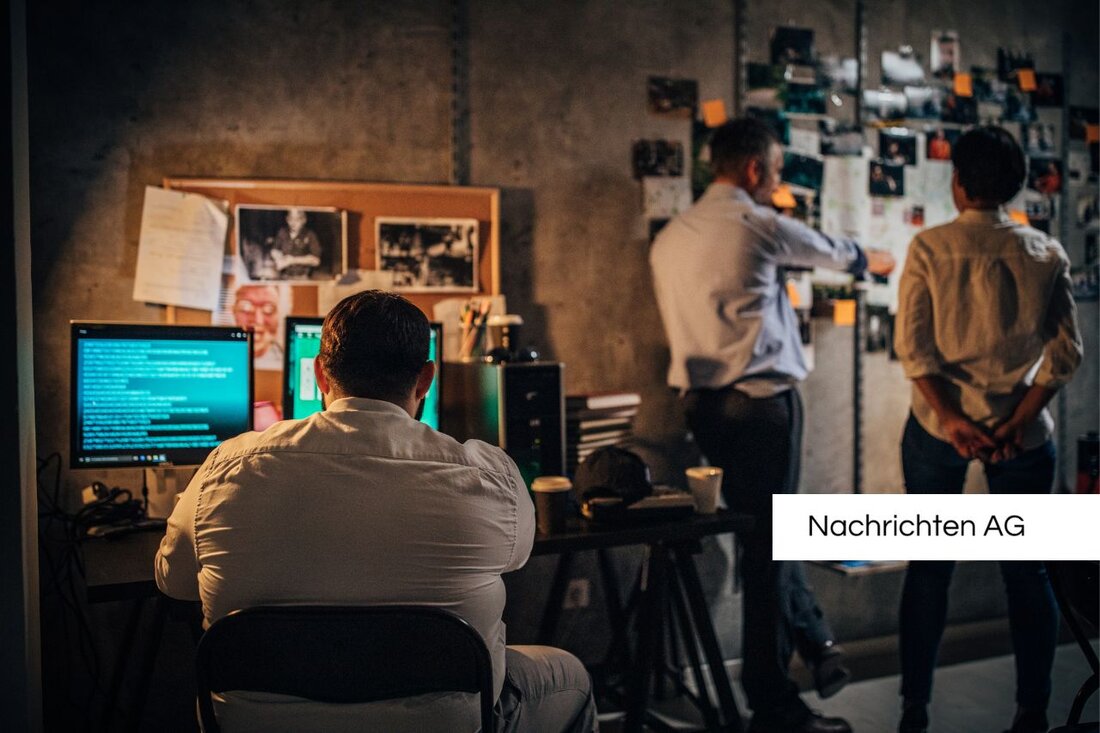First event on municipal heat planning in Erbach and Michelstadt!
A public event on municipal heat planning will take place in Michelstadt on November 19, 2025. Goal: sustainable heat supply.

First event on municipal heat planning in Erbach and Michelstadt!
The first public event on municipal heat planning will take place in Erbach and Michelstadt on Wednesday, November 19, 2025. The event begins at 7:00 p.m. in the gym in Stockheim, Mühlstraße 17, 64720 Michelstadt. The aim of the heat planning is a sustainable and environmentally friendly heat supply for the citizens of the two cities. Not only should potential technologies be discussed, but above all, local needs and possibilities for climate-neutral heat supply should be determined, as the city of Michelstadt highlights in its current report. This information comes from the Report from the City of Michelstadt.
At the event, the interim results of the existing and potential analysis will be presented. The current status of the buildings and the supply networks are taken into account. The results of this analysis should form the basis for the further steps in heat planning. In addition, the collected data will be made available for viewing four weeks after the event in order to give citizens the opportunity to actively participate and give feedback.
Municipal heat planning in context
But what is actually behind these municipal heating plans? According to an analysis by the Federal Institute for Building, Urban and Spatial Research (BBSR), there are 342 municipal heating plans examined nationwide. This study, which was completed on October 21, 2025, aims to record basic parameters of thermal planning. The legal basis is the Heat Planning Act, which came into force on January 1, 2024. This imposes an obligation on municipalities to create strategic heat plans for climate-neutral heat supply by 2045 at the latest. These framework conditions are described in detail in the report from the city and factory.
Particularly important is the role of heating networks, which have been identified as a key component in the restructuring of heat supply. At the same time, building renovation must also play a role, because the rate and depth of renovation have a direct influence on the municipalities' future heating needs. The findings of the analysis provide valuable clues for updating and standardizing municipal heating plans. This information is important not only for political decision-making, but also for the citizens affected by these developments.
The mayors Dr. Peter Traub from Erbach and Dr. Tobias Robischon from Michelstadt cordially invites everyone interested to take part in this fundamental exchange and to actively contribute to shaping the municipal heat supply. Lively participation is not only desired, but also necessary in order to work together on a climate-friendly future.

 Suche
Suche
 Mein Konto
Mein Konto